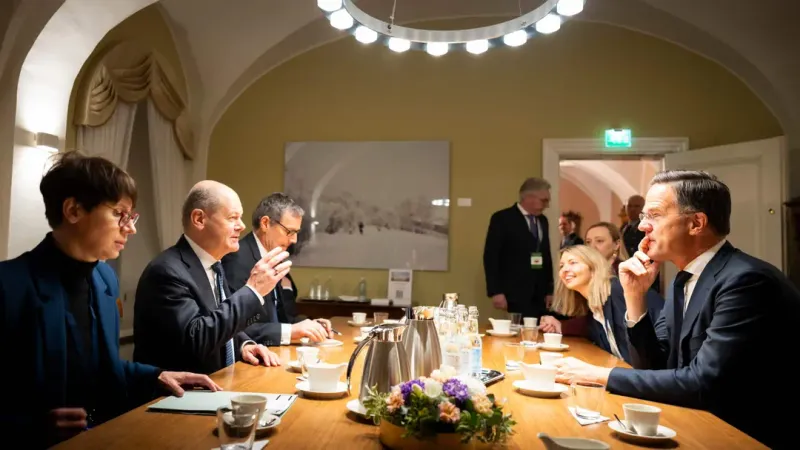FIFA Threatens Europe with Women’s World Cup Broadcast Blackout
FIFA president Gianni Infantino has threatened a blackout of the Women's World Cup in major European markets after criticizing broadcasters for offering to pay too little to screen the tournament.

Facts
- FIFA president Gianni Infantino has threatened a blackout of the Women's World Cup in major European markets after criticizing broadcasters for offering to pay too little to screen the tournament.1
- Infantino said that offers for the rights from "Big 5" European countries were "disappointing" and a "slap in the face" of the players and "all women worldwide." The Big 5 countries are Britain, Spain, Italy, Germany, and France.2
- Infantino noted the disparity in offers, saying, “Broadcasters pay $100 to 200 million for the men’s FIFA World Cup, but they offer only $1 to 10 million for the FIFA Women’s World Cup.”3
- FIFA has already agreed to media rights deals with 156 territories for the 2023 Women’s World Cup. Negotiations between FIFA and the Big 5 European countries are still ongoing.3
- According to a FIFA audit, nearly 1.12B viewers tuned into the 2019 Women’s World Cup in France across all platforms. The Women’s World Cup has independent broadcast and sponsor deals rather than being bundled with the men’s tournament.4
- The World Cup, co-hosted by Australia and New Zealand, starts on July 20.5
Sources: 1Associated Press, 2Reuters, 3CNN, 4Al Jazeera, and 5ESPN.com.
Narratives
- Narrative A, as provided by Al Jazeera. Infantino is right. The lowball offers of the Big 5 European nations are an insult to women's sports. Over 1 billion tuned into the last Women's World Cup. These talented female athletes deserve better than to be undersold by countries whose media broadcast giants don't appreciate them. Public broadcasters have an obligation to promote and invest in women’s sports, and if they can't do that, then FIFA has a legal and moral obligation to keep the tournament off their platforms.
- Narrative B, as provided by The Atlantic. Women's sports are entertaining and inspirational to young women all over the world, but there is simply less demand for watching women's athletics than there is for men. If as many people wanted to watch the Women's World Cup as wanted to watch the Men's World Cup, the offers would be priced accordingly. Unfortunately, this comes down to supply-and-demand economics in the sports entertainment industry.






